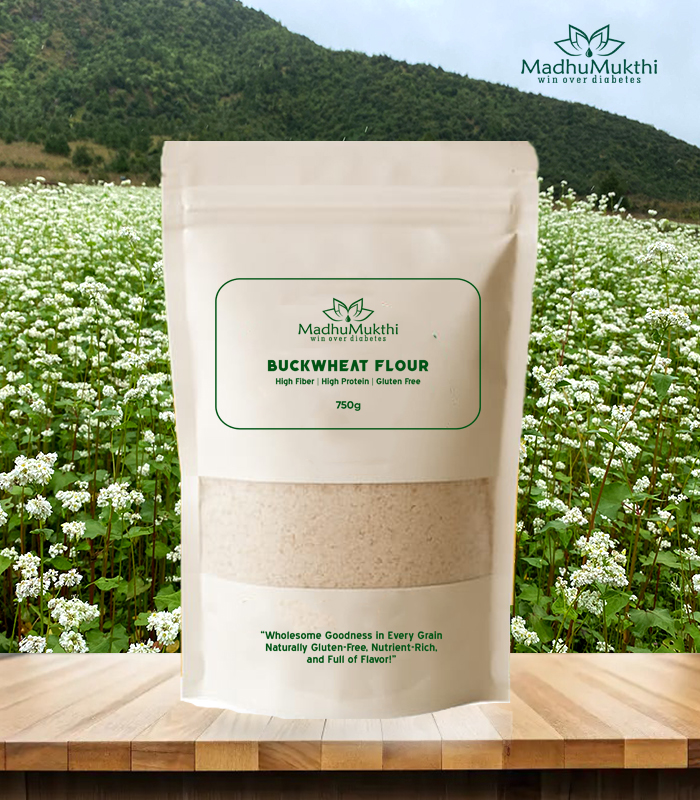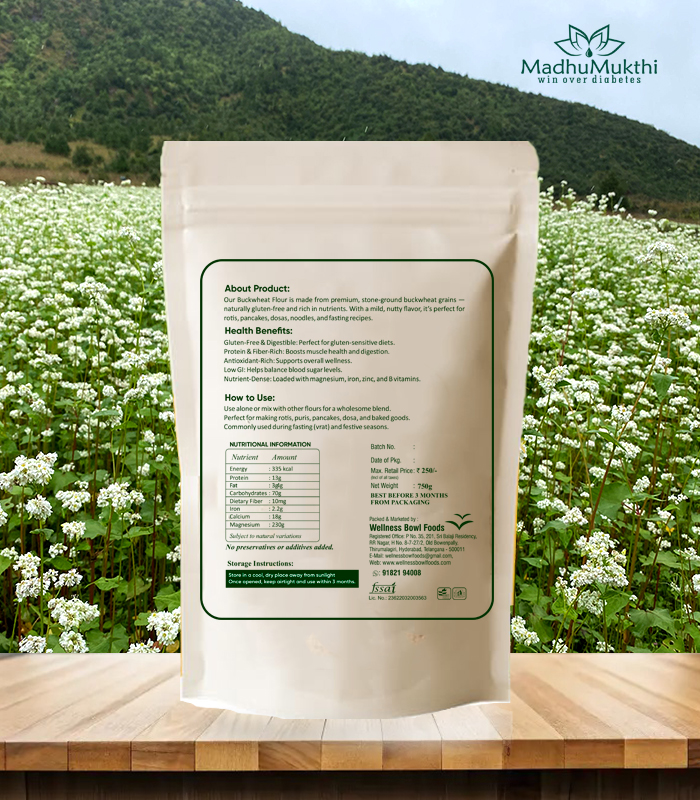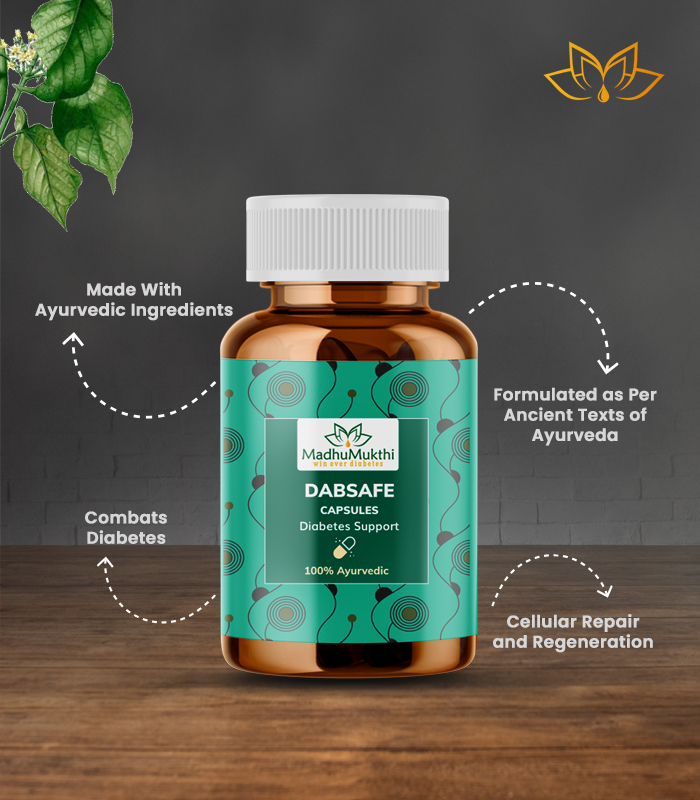
Eat Good to Feel Good with Diabetic Diet Chart
For many, navigating the world of healthy eating can feel like traversing a labyrinth. It’s especially true when life gets busy, and grabbing something quick becomes the norm. But even amidst the hustle, making healthy choices is paramount, particularly for those managing diabetes.
This guide delves into the core principles of healthy eating plans, introduces the Diabetes Plate Method for stress-free meal planning, and unveils a treasure trove of delicious diabetic-friendly foods.
The Pillars of Healthy Eating
Eating healthy involves following basic rules. These apply no matter your food tastes. Whether a diet includes meat or not, it has core requirements. For example, key ingredients for any nutrition plan include these basics.:
Fruits and Vegetables: We need veggies and fruits for Diabetic Patients for good diet.They have many vitamins, minerals, and fiber. These foods are colorful. They keep you feeling satisfied for longer without spiking your blood sugar levels. Think broccoli, carrots, spinach, berries – the list goes on!
Lean Meats and Plant-Based Protein Sources: A diabetic diet must include protein, an essential nutrient. Poultry such as chicken and turkey, along with fish, are lean protein sources that make excellent choices.But for those following a plant-based lifestyle, fear not! Beans, lentils, tofu, and tempeh offer a bounty of protein options.
Cut Sugar: Sugar can mess with blood sugar levels. Processed foods have tons of hidden sugars, so check labels and pick whole foods instead.
Less Processed Foods: Processed foods may not be so good. They can have too much unhealthy fat and also have a lot of salt and sugar. It is better to eat foods that are not processed.
The Diabetes Plate Method: Your Stress-Free Meal Planning Companion
Feeling overwhelmed by portion control? Enter the Diabetes Plate Method, your stress-free guide to planning balanced meals. Here’s the simple yet effective approach:
Grab a 9-inch plate.
Fill half your plate with non-starchy vegetables. These nutrient-rich wonders will keep you feeling full without adding excessive carbohydrates. Broccoli, cauliflower, carrots, and leafy greens are all excellent choices.
Dedicate one-quarter of your plate to protein foods. Lean meats, fish, eggs, beans, lentils, and tofu are all fantastic options.
Fill the remaining quarter of your plate with carbohydrate foods. Simple carbohydrate sources comprise whole grains, for instance, brown rice, quinoa, whole-wheat bread, also fruits.Top it all off with a glass of water or another zero-calorie beverage.
This visual approach takes the guesswork out of meal planning, allowing you to spend more time enjoying delicious and healthy meals.
A Diabetic-Friendly Food Paradise: Your Guide to Delicious Choices
Now that you’ve grasped the core principles and the Diabetes Plate Method, let’s explore the delectable world of diabetic-friendly foods!
Non-Starchy Vegetables:
Cruciferous Vegetables: Broccoli, cauliflower, Brussels sprouts, and cabbage are packed with fiber, vitamins, and antioxidants, making them superstars for diabetics.
Leafy Greens: Kale, spinach, and Swiss chard provide a powerhouse of vitamins, minerals, and fiber.
Bell Peppers: These vibrant vegetables come in a variety of colors, each offering a unique flavor profile and a good dose of vitamin C.
Asparagus: This versatile veggie is a good source of fiber, folic acid, and vitamins A, C, and K.
Mushrooms: Low in carbs and calories, mushrooms add an umami depth to your meals.
Protein Powerhouses:
Fatty Fish: Salmon, tuna, mackerel, and sardines are rich in omega-3 fatty acids, which are beneficial for heart health.
Skinless Chicken Breast: A classic lean protein source, chicken breast is versatile and can be incorporated into countless dishes.
Lean Ground Turkey: Similar to chicken breast, lean ground turkey is a versatile and affordable protein option.
Tofu and Tempeh: These plant-based protein sources are perfect for vegetarians and vegans.
Lentils and Beans: These legumes are loaded with protein and fiber, making them a diabetic-friendly staple.
Fruits: Nature’s Candy
Berries: Berries are a fantastic choice for diabetics – they are low in glycemic index and packed with antioxidants.
Apples: A classic fruit rich in fiber and vitamin C.
Pears: Pears are another low-glycemic fruit option with a delicious sweetness.
Citrus Fruits: Grapefruits, oranges, and tangerines are all excellent sources of vitamin C and fiber.
Melons: Watermelon, cantaloupe, and honeydew melons are all good choices for diabetics due to their high water content and lower
Healthy Fats: Your Body’s Ally
Contrary to popular belief, not all fats are created equal. Healthy fats, such as monounsaturated and polyunsaturated fats, are crucial for a balanced diet and can even help lower your risk of heart disease, a common complication of diabetes. Here’s where to find these heart-healthy fats:
Olive Oil: This versatile oil is a staple in Mediterranean cuisine and a fantastic source of monounsaturated fats. Drizzle it on salads, use it for cooking, or enjoy it in a simple vinaigrette.
Avocados: These creamy fruits are loaded with healthy fats, fiber, and vitamins. Enjoy them mashed on whole-wheat toast, sliced in salads, or blended into a delicious guacamole.
Nuts and Nut Butters: Almonds, walnuts, cashews, and peanuts are all excellent sources of healthy fats, protein, and fiber. Opt for unsalted or dry-roasted varieties for a healthier choice. Enjoy them in moderation as part of a balanced meal or snack.
Fatty Fish: As mentioned previously, fatty fish like salmon, tuna, mackerel, and sardines are rich in omega-3 fatty acids, which are essential for heart health.
Diabetes Superfoods: Nature’s Powerhouses
While all the foods mentioned above are fantastic choices for a diabetic diet, some stand out for their exceptional nutritional value. Here are ten “superfoods” to consider incorporating into your meal plan:
Chia Seeds: These tiny powerhouses are packed with fiber, protein, healthy fats, and antioxidants. Sprinkle them on yogurt, oatmeal, or add them to smoothies.
Flaxseeds: Similar to chia seeds, flaxseeds are another excellent source of fiber, healthy fats, and antioxidants. Grind them fresh for maximum benefit and add them to smoothies, yogurt, or baked goods.
Greek Yogurt: Packed with protein and healthy bacteria, Greek yogurt is a fantastic snack or breakfast option. Choose plain varieties and top them with berries, nuts, or a sprinkle of cinnamon.
Sweet Potatoes: Compared to regular potatoes, sweet potatoes boast a lower glycemic index and are a good source of fiber and vitamin A.
Whole Grains: Whole grains like brown rice, quinoa, and whole-wheat bread are rich in fiber and complex carbohydrates, which help regulate blood sugar levels.
Tomatoes: These versatile vegetables are a good source of lycopene, an antioxidant beneficial for heart health.
Broccoli: This cruciferous vegetable is loaded with fiber, vitamins, and antioxidants.
Dark Chocolate: In moderation, dark chocolate (at least 70% cacao) can be a heart-healthy treat for diabetics. Opt for small portions and enjoy the health benefits of flavanols, antioxidants found in cocoa.
Sample Diabetic Meal Plan:
Here’s a sample diabetic meal plan to get you started:
Breakfast: Greek yogurt with berries and a sprinkle of chia seeds
Lunch: Grilled chicken breast salad with mixed greens, olive oil dressing, and a whole-wheat roll
Dinner: Salmon with roasted vegetables and brown rice
Snacks: Handful of almonds and apple slices, or vegetable sticks with hummus
Remember: This is just a sample plan, and you may need to adjust it based on your individual needs and preferences. It’s always best to consult with a registered dietitian or healthcare professional to create a personalized meal plan that aligns with your diabetes management goals.
Living with diabetes doesn’t have to mean sacrificing flavor or variety. By embracing a balanced approach to food choices and utilizing tools like the Diabetes Plate Method, you can create delicious and healthy meals that keep you feeling your best.




